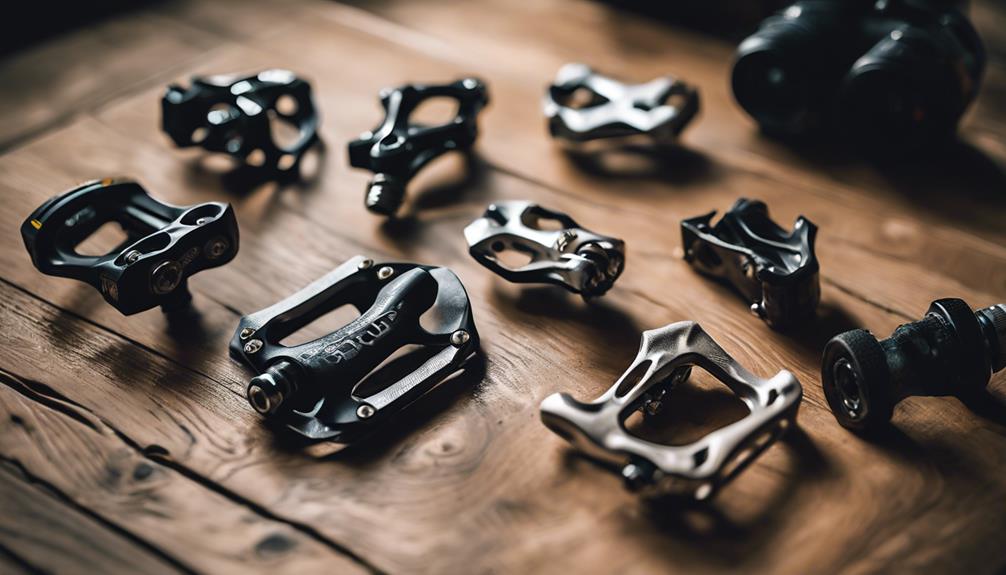Mountain biking is an exhilarating sport that combines the thrill of speed with the beauty of nature. However, it also comes with inherent risks, making safety a top priority. One of the most critical pieces of gear for any mountain biker is the helmet. Among the various types available, full face mountain bike helmets stand out for their superior protection and features. In this article, we will explore everything you need to know about full face mountain bike helmets, including their benefits, features, and how to choose the right one for your riding style.
What is a Full Face Mountain Bike Helmet?
A full face mountain bike helmet is designed to provide comprehensive protection for the head and face. Unlike traditional open-face helmets, which cover only the top and sides of the head, full face helmets include a chin bar and a visor, offering increased safety in the event of a crash.
Key Components of Full Face Helmets
Understanding the main components of a full face helmet can help you appreciate its design and functionality:
- Shell: The outer layer that absorbs impact energy.
- EPS Liner: The inner foam layer that provides cushioning during impacts.
- Chin Bar: The frontal protection that safeguards the face and jaw.
- Visor: A shield that protects the eyes from sun glare, branches, and debris.
- Comfort Padding: Soft materials inside the helmet that offer comfort and fit.
- Ventilation System: Openings designed to enhance airflow and keep the rider cool.
Why Choose a Full Face Mountain Bike Helmet?
There are several compelling reasons why mountain bikers opt for full face helmets over traditional ones:
Enhanced Protection
Full face helmets offer superior protection against head injuries. They are especially beneficial for riders who tackle downhill trails or aggressive terrain, where the risk of falls and collisions increases dramatically. Studies show that wearing a full face helmet can reduce the severity of injuries significantly.
Improved Stability
Full face helmets often feature a more secure fit due to their design, which minimizes movement during rides. This stability is crucial for maintaining focus and control, especially when navigating rough trails.
Versatility for Different Riding Styles
While full face helmets are commonly associated with downhill biking, they can also be used in various other mountain biking disciplines, including:
- Enduro
- Dirt Jumping
- Freeriding
Increased Confidence
Riders often report feeling more confident when wearing full face helmets. Knowing that their face and jaw are protected can encourage them to push their limits and try new, more challenging trails.
Choosing the Right Full Face Mountain Bike Helmet
Selecting the right helmet is crucial for safety and comfort. Here are some factors to consider:
Fit and Size
A properly fitting helmet is essential for effective protection. To find the right size:
- Measure the circumference of your head just above the eyebrows.
- Refer to the manufacturer’s sizing guide.
- Try on several helmets; ensure it feels snug but not overly tight.
Weight
Full face helmets can vary in weight. Look for a model that balances protection with comfort. Lighter helmets can reduce fatigue during longer rides.
Ventilation
Ventilation is crucial to prevent overheating. Helmets with multiple vents allow for better airflow, keeping you cooler on hot days. Consider trying on helmets to assess their ventilation system in real-world conditions.
Safety Certifications
Always check for safety certifications when purchasing a helmet. Look for standards such as:
- DOT (Department of Transportation)
- Snell
- CE (Conformité Européenne)
Price and Brand Reputation
While it can be tempting to choose a cheaper option, investing in a reputable brand often means better quality and safety. Research brands known for making high-quality mountain biking gear.
Case Studies: Real-World Impact of Full Face Helmets
To illustrate the importance of full face helmets, let us examine a couple of case studies:
Case Study 1: Downhill Racer Accident
A professional downhill racer was involved in a severe crash during a competition. Thanks to their full face helmet, they sustained only minor injuries despite a significant impact. The helmet absorbed the majority of the energy, preventing more serious trauma.
Case Study 2: Recreational Rider’s Experience
A recreational rider on a challenging trail fell and hit a rock. The full face helmet they wore protected their jaw and face from severe lacerations, allowing them to recover with only minor bruises. This experience reinforced their belief in the necessity of wearing a full face helmet, even for casual rides.
Conclusion: The Importance of Full Face Mountain Bike Helmets
Full face mountain bike helmets are an essential piece of equipment for any serious mountain biker. They offer unparalleled protection, stability, and confidence, allowing riders to enjoy the sport with reduced risk. When choosing a full face helmet, consider factors such as fit, weight, ventilation, and safety certifications. Investing in a high-quality helmet can make a significant difference in your riding experience, providing peace of mind as you tackle new trails and challenges.
In summary, the right full face helmet not only safeguards your head and face but also enhances your overall riding experience. By prioritizing safety, you can focus on what truly matters: the thrill of the ride.
